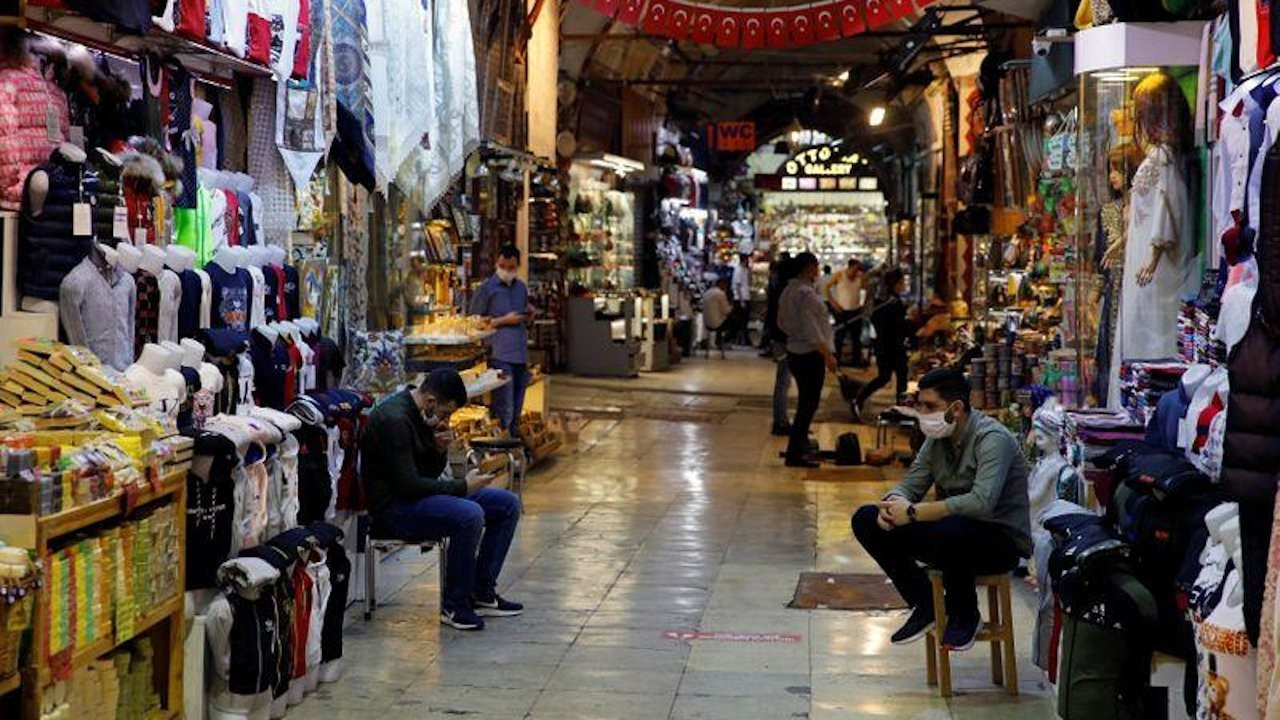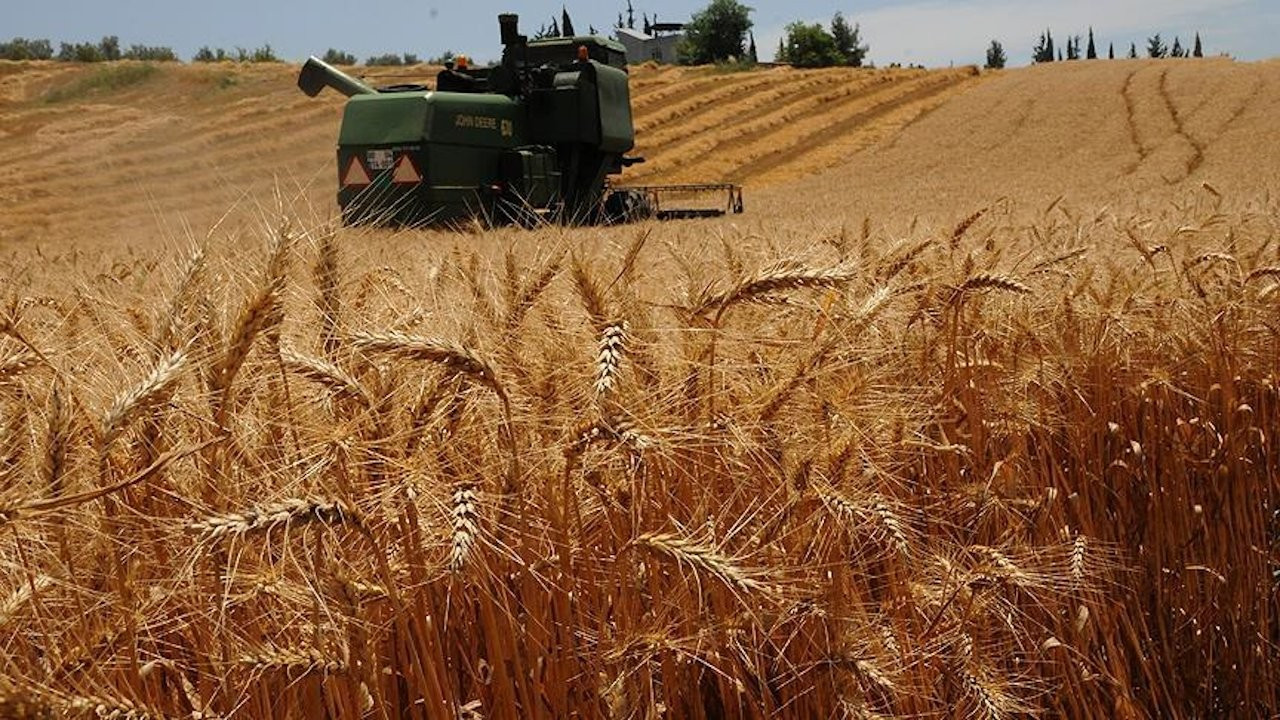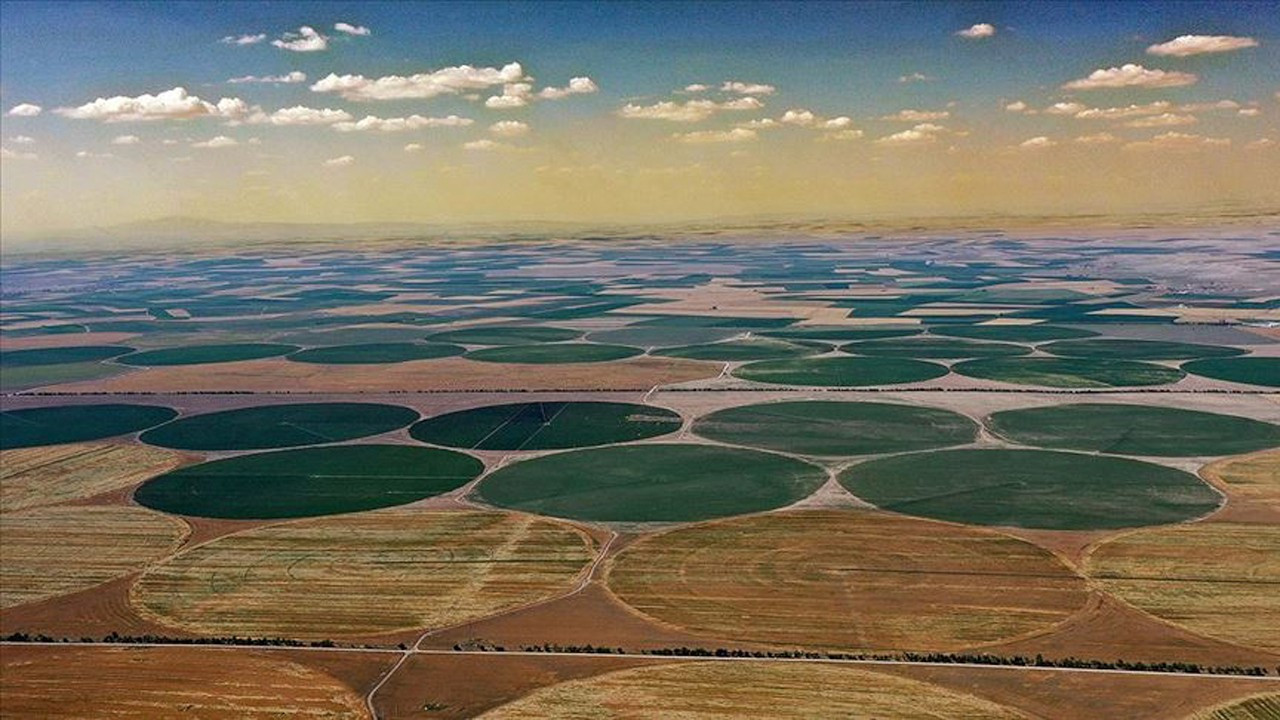Yield losses, rising prices force Turkish milk producers to slaughter animals
Problems in Turkey's agriculture industry are getting worse by the day. Farmers have been crushed by high production costs in recent years, and this year they are dealing with not only the pandemic and economic difficulties, but also drought.
K. Murat Yıldız / Duvar English
The direct negative impacts of the COVID-19 pandemic, drought, and depreciation of the lira are increasingly causing problems for farmers as well as livestock producers in Turkey, especially milk producers who rely heavily on agricultural products like wheat, barley, and maize to feed their animals.
The growth of products such as barley crops, which is essential for the industry, was stunted due to a lack of rain in January and February of this year. Experts have noted that production in Central Anatolian cities such as Karaman, Kırıkkale, and Konya has dropped by up to 50 percent as corn production is reportedly down by at least 25 percent.
It is expected that yield losses of approximately 5 million tons of wheat and 4 million tons of barley will occur this year as the Ministry of Agriculture and Forestry, in its heavily criticized forecast, insisted that there would be only a loss of 1 million tons of harvest in wheat.
Due to the drought, barley prices have risen above wheat prices and are now selling for 2,800 liras, while factory feed prices are rising daily as the depreciation of the lira against foreign currencies continues.
In exchange for 1 liter of milk, a farmer could receive 2 kilograms of feed. Farmers can only get 850-900 grams of feed for every liter of milk sold this year. As a result, farmers who are losing money and cannot feed their animals have reportedly been slaughtering their dairy animals in greater numbers in recent weeks and selling their meat.
Feed prices, which were previously raised on a monthly basis, have recently been increased on a daily basis and Turkey is 55 to 60 percent dependent on imported feed. The Turkish Dairy Producers Central Union's Chairman, Tevfik Keskin, stated that milk producers could no longer stand against feed prices and demanded that the government intervene immediately.
“It is not possible to continue production under these conditions,” Keskin said, pointing out that the production cost of 1 kg of milk is 3.13 liras, but the producer cannot sell their milk even for the 2.90 liras set by the National Dairy Council. “Both feed and milk prices require immediate intervention.”
Although the Minister of Agriculture and Forestry promised to solve this issue, no solid steps have been taken as of yet.
Feed prices skyrocketed
When comparing raw material prices in June 2021 to the previous year, corn has increased by 108 percent, barley has increased by 100 percent, soybean meal has increased by 60 percent, wheat bran has increased by 91 percent, high protein sunflower meal has increased by 81 percent, corn DDGS has increased by 85 percent, and high protein cottonseed meal has increased by 109 percent.
When the increase in compound feed prices in June 2021 is compared to the previous year, fattening feed is up 66.5 percent, dairy feed is up 72 percent, egg feed is up 84 percent, and broiler feed is up 77.5 percent.
“We requested that the government increase its financial support for the industry. We're currently losing a lot of money. This situation is too much for us to bear. The Turkish Grain Board (TMO) is expected to intervene on our behalf, and the minister has made similar statements. But we're already in the red,” Tevfik Keskin, Chairman of the Turkish Dairy Producers Central Union, told Duvar English.
“We have to feed our animals. The TMO must immediately take steps regarding the feed prices. The process needs to speed up. People are taking their milk-producing animals to slaughter as they cannot feed them. The state has the power to solve our problems. They could have done it earlier, but it is still not too late,” the chairman concluded.

 Nothing new in IMF’s Turkey report criticizing lack of transparencyEconomy
Nothing new in IMF’s Turkey report criticizing lack of transparencyEconomy Drought and lower harvests to add to Turkey’s rising food inflationEconomy
Drought and lower harvests to add to Turkey’s rising food inflationEconomy Leading grain producer Konya Plain lacks water supply, distributionEnvironment
Leading grain producer Konya Plain lacks water supply, distributionEnvironment Lira weakens after Erdoğan says stance on S-400s remains unchangedEconomy
Lira weakens after Erdoğan says stance on S-400s remains unchangedEconomy